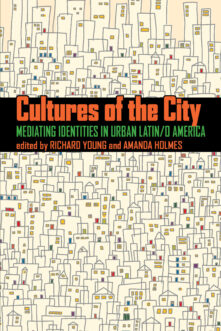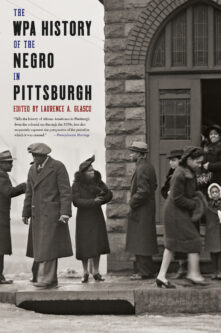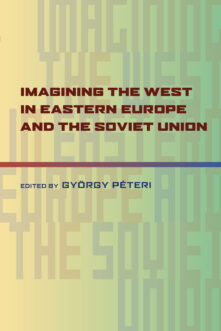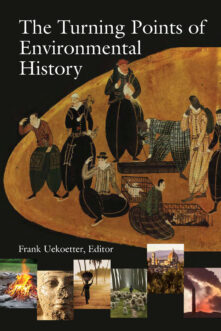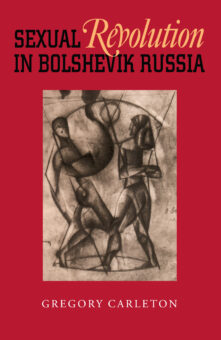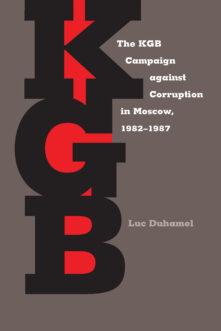History / General
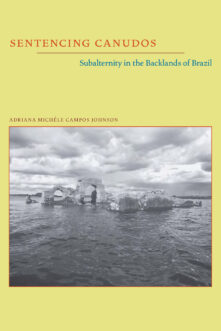

Sentencing Canudos
Subalternity in the Backlands of Brazil
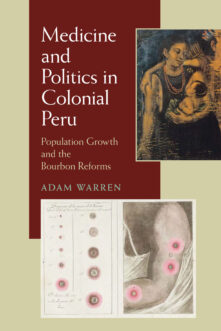

Medicine and Politics in Colonial Peru
Population Growth and the Bourbon Reforms
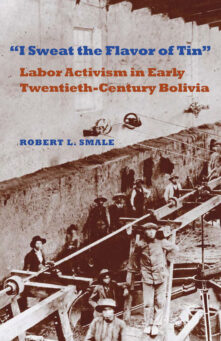

I Sweat the Flavor of Tin
Labor Activism in Early Twentieth-Century Bolivia
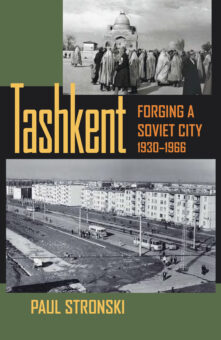

Tashkent
Forging a Soviet City, 1930–1966
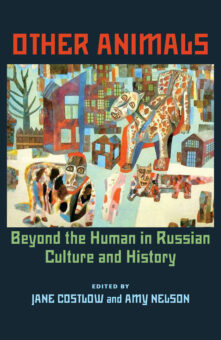

Other Animals
Beyond the Human in Russian Culture and History
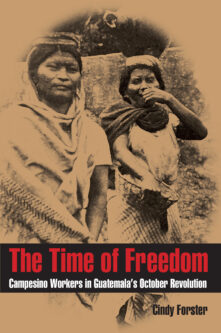

The Time of Freedom
Campesino Workers in Guatemala's October Revolution
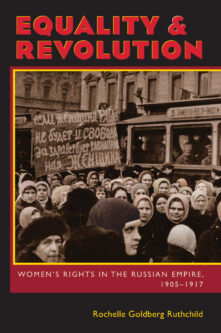

Equality and Revolution
Women's Rights in the Russian Empire, 1905–1917
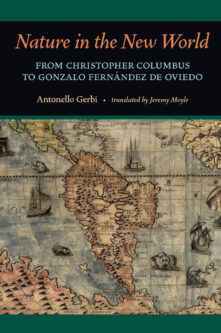

Nature in the New World
From Christopher Columbus to Gonzalo Fernández de Oviedo
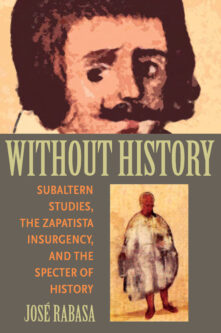

Without History
Subaltern Studies, the Zapatista Insurgency, and the Specter of History
Total 214 results found.


